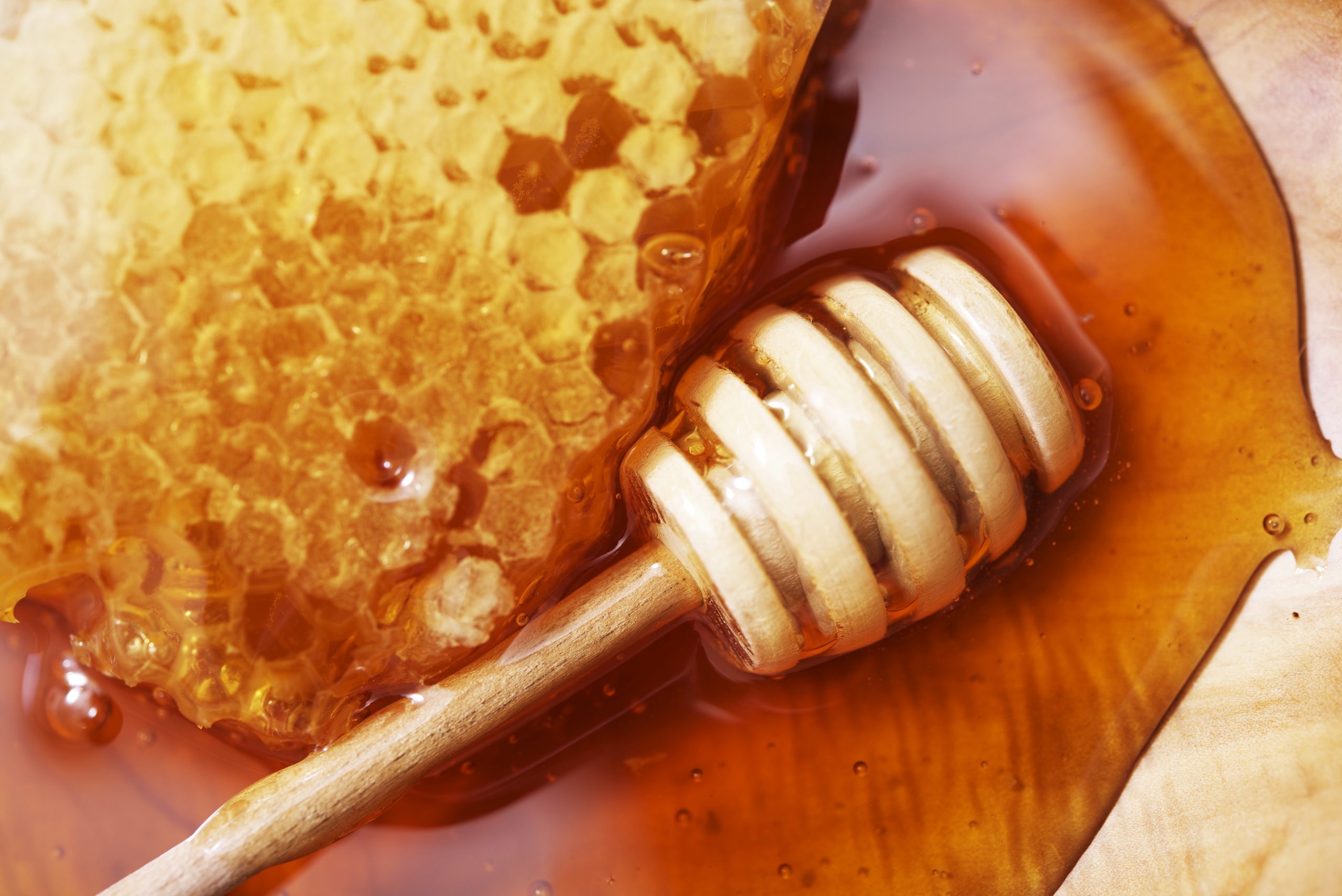Are You Still Vegan if You Eat Honey?
March 24, 2016
Donald Watson, founder of the Vegan Society who coined the term ‘vegan’ in 1944, is also the person to apply an actual definition to the philosophy of veganism, which he stated to be “a way of living that excludes all forms of exploitation of and cruelty to the animal kingdom and includes a reverence for life,” that “applies to the practice of living on the products of the plant kingdom to the exclusion of flesh, fish, eggs, honey, animal milk and its derivatives, and encourages alternatives for all commodities derived wholly or in part from animals.” By the strictest of definitions, the answer to the question of if honey is vegan is pretty straightforward.
However, it’s important to remember that languages in everyday use--i.e. not Latin--are prone to have changes within the intricacies of its words. While many practicing vegans adhere to Watson’s original definition, it’s important to analyze how it stands today. Much confusion exists on where honey stands within the vegan perspective, even though Watson clearly outlines the specifics beyond apparent reasonable doubt. The issue existing for many is whether or not honey is more a product of plants or of bees--or possibly a blending of both.
One thing that may help in deciding whether or not honey is vegan is by understanding the process of how it is made, which we all might know the basics of but not the specifics. Honeybees, when they leave the hive, fly around during blooming season to find flowers and the precious nectar within them. The nectar is collected and taken to the hive where it’s naturally broken down into simple sugars and stored in honeycombs, whose unique design combined with constant fanning within the hive causes evaporation and creates honey, whether it’s Manuka honey or another kind. Beekeeping comes into play because honeybees tend to produce more than they need for everyday feeding and storage, with beekeepers removing the excess the way park rangers protect a forest’s integrity by removing dying trees that drain from healthy ones (honey surpluses deter bees from pollinating more plants and therefore negatively affect agriculture.)
Honeybees are arthropods like lobsters and shrimp, indisputably making them animals. Honey comes from ingredients in flowers and honeycombs, is made due to honeybee actions, and is a food source that bees survive on. Such facts aren’t disputed by those who properly practice veganism--but the argument that honey is a by-product of bees is palpable and one that dietary vegans may consider before swearing off honey due to a definition that may not be as definitive as it once was.
A cow may fertilize the grass she eats through excretory actions she’ll always perform, but the grass is still considered as vegan as the spinach grown in gardens. And honeybees, unintentionally adaptive as they are, grow their honey the way we grow our corn. While many say that honey is not vegan and the debate will likely continue, there is room for doubt that honey loving vegans best not forget and then use to decide for themselves.


.jpg)



